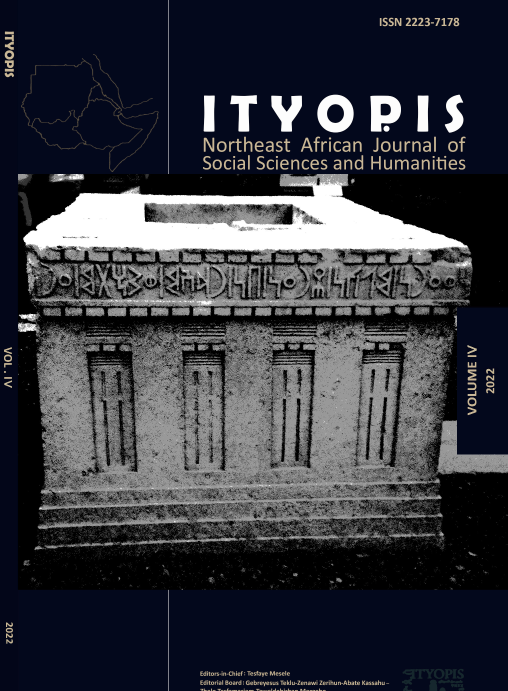Ideological Categories in Ngugi Wa Thiongo’s Three Novels
Keywords:
ideology, superstructure, symbolism, hegemony, novels, Marxism, colonialismAbstract
This study, which uses Marxist dialectical literary theory and descriptive methods of analysis and interpretation, attempts to explore the social function of Ngugi's three novels (Petals of Blood, Devil on the Cross, and Matigari) in the light of Kenya’s colonial, post-colonial and the class system of society. Literary facts are compared to historical facts. By a close critical examination of the novels, the most crucial structure of ideas and values are outlined and critiqued. Dialectical relations between the individual ideology of the author, the ideology in the novels, the ideology of the then Kenyan society, and the position of the historical forces were determined. While the textual, authorial, and aesthetic ideologies are in harmony against all forms of exploitation, subjugation, and acculturation, the hegemonic postcolonial capitalist ideology is in sharp contradiction against them. Ngugi is found to be a committed socialist realist writer in his fictional and non-fictional works.

